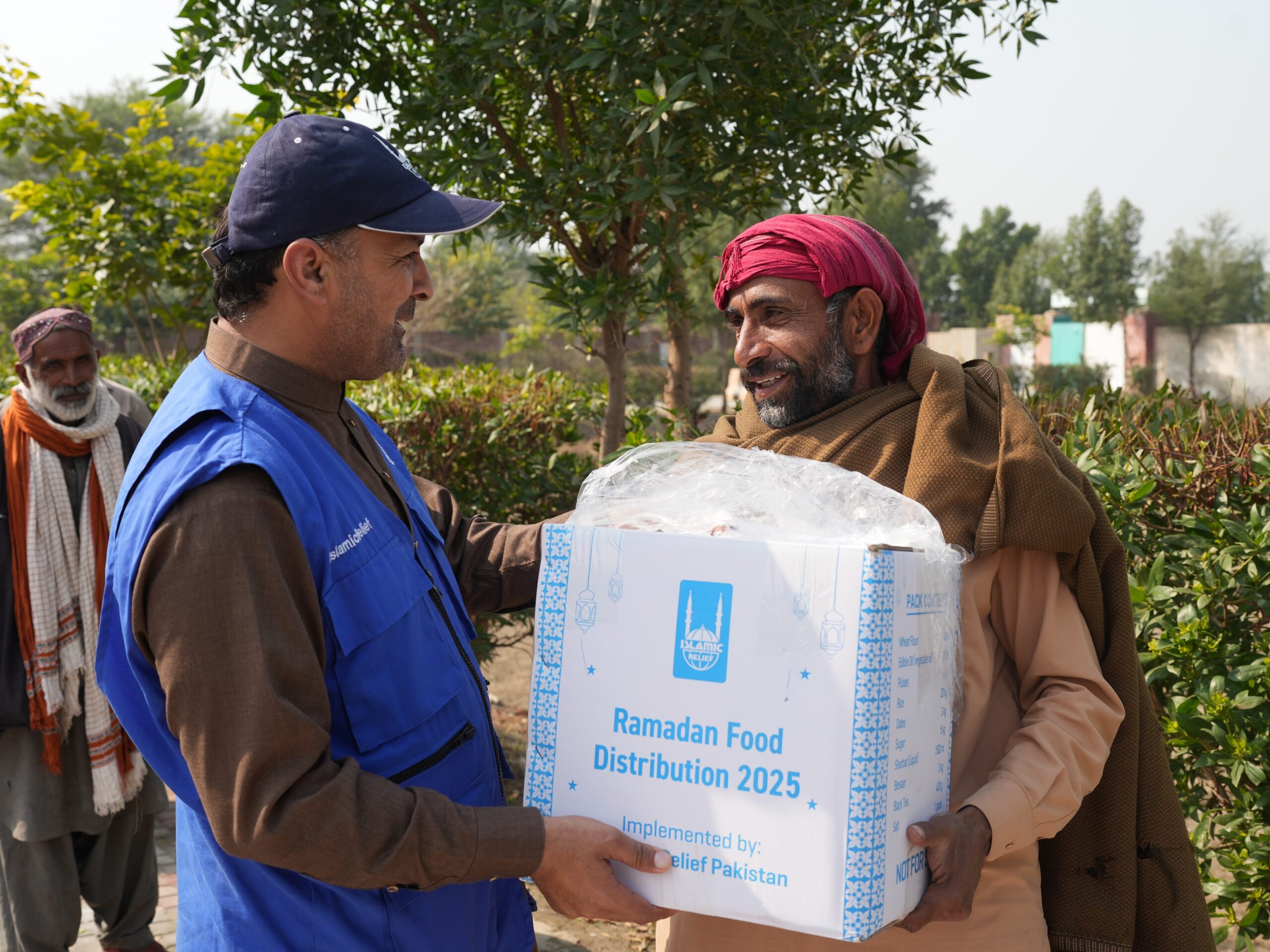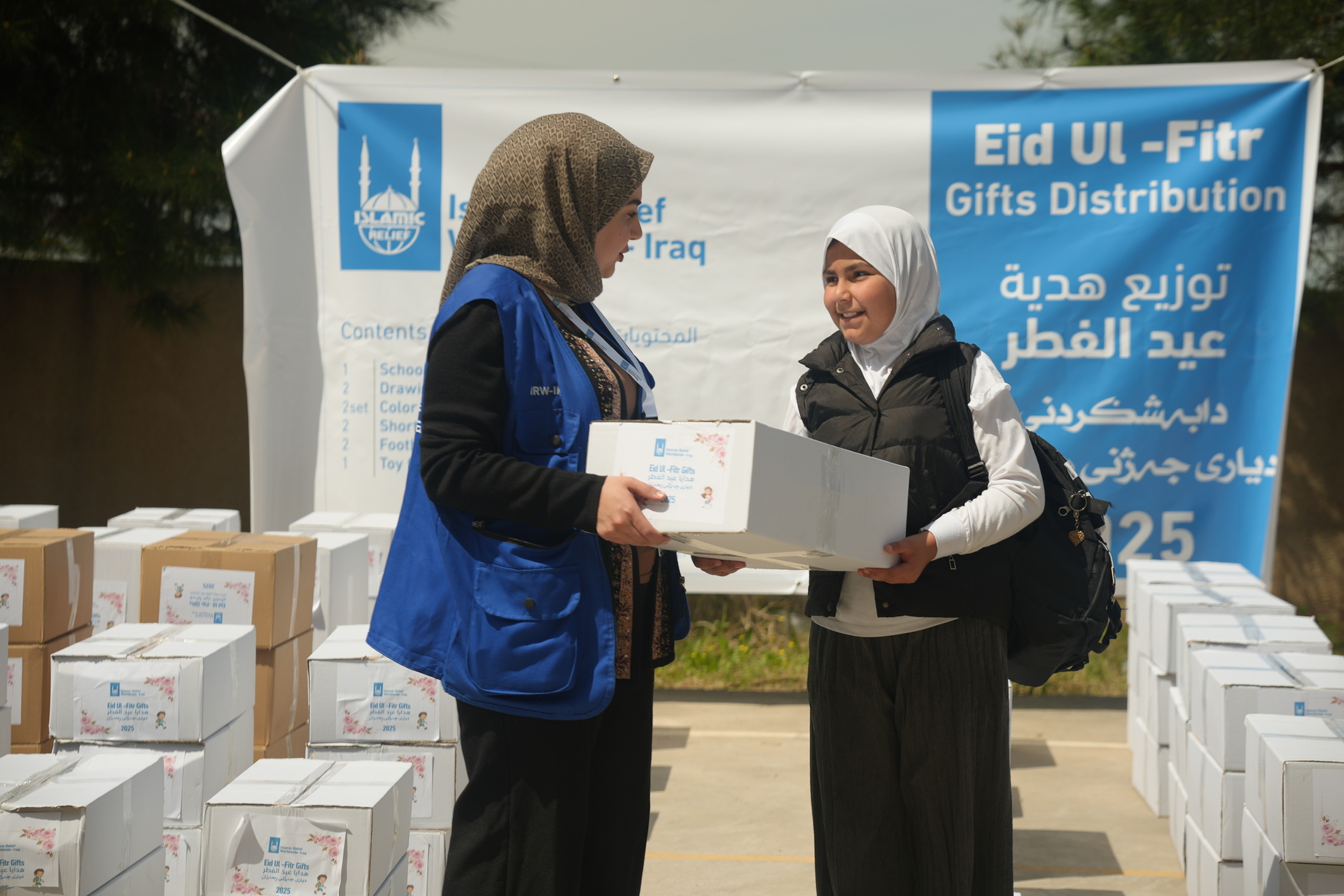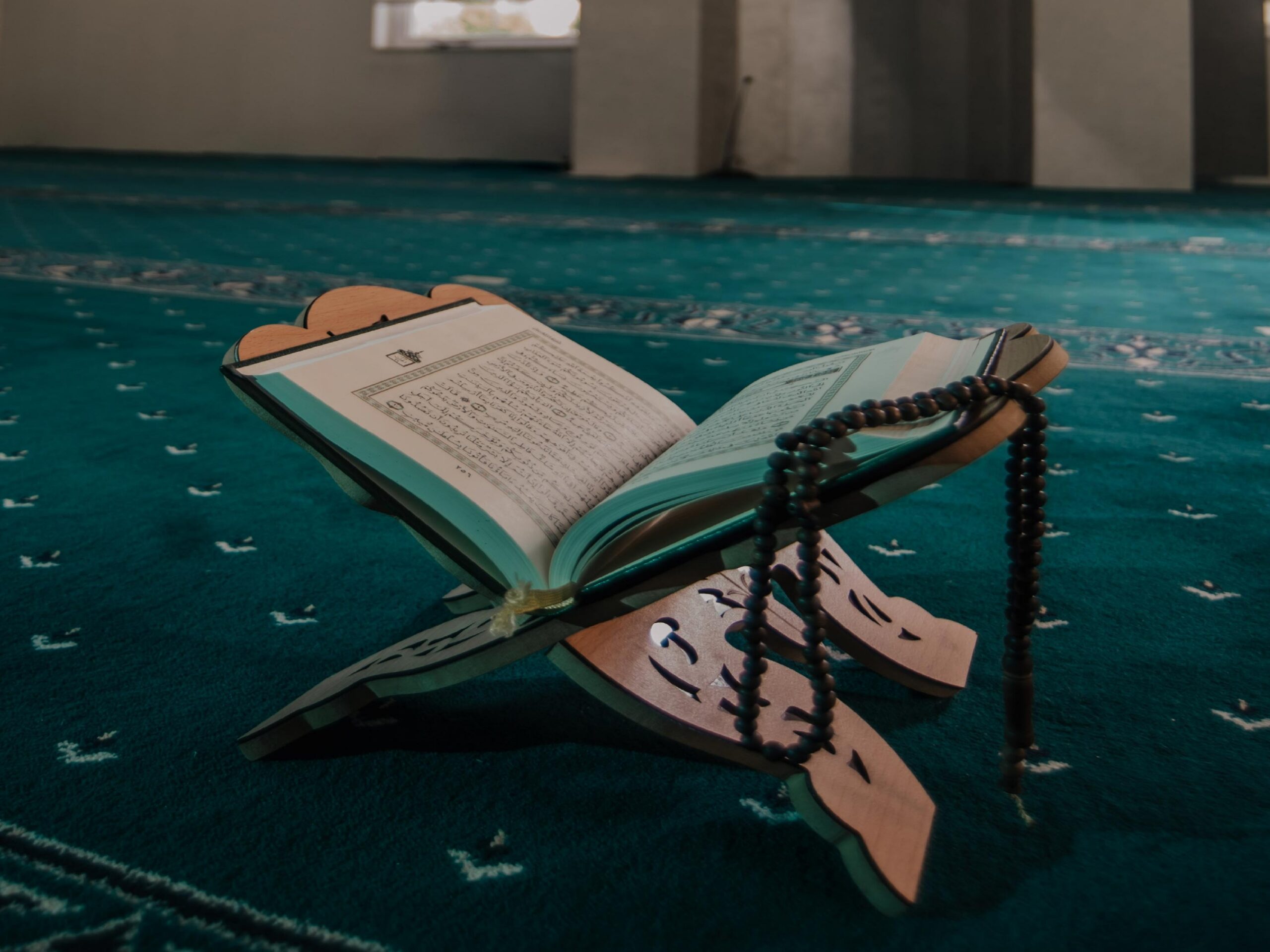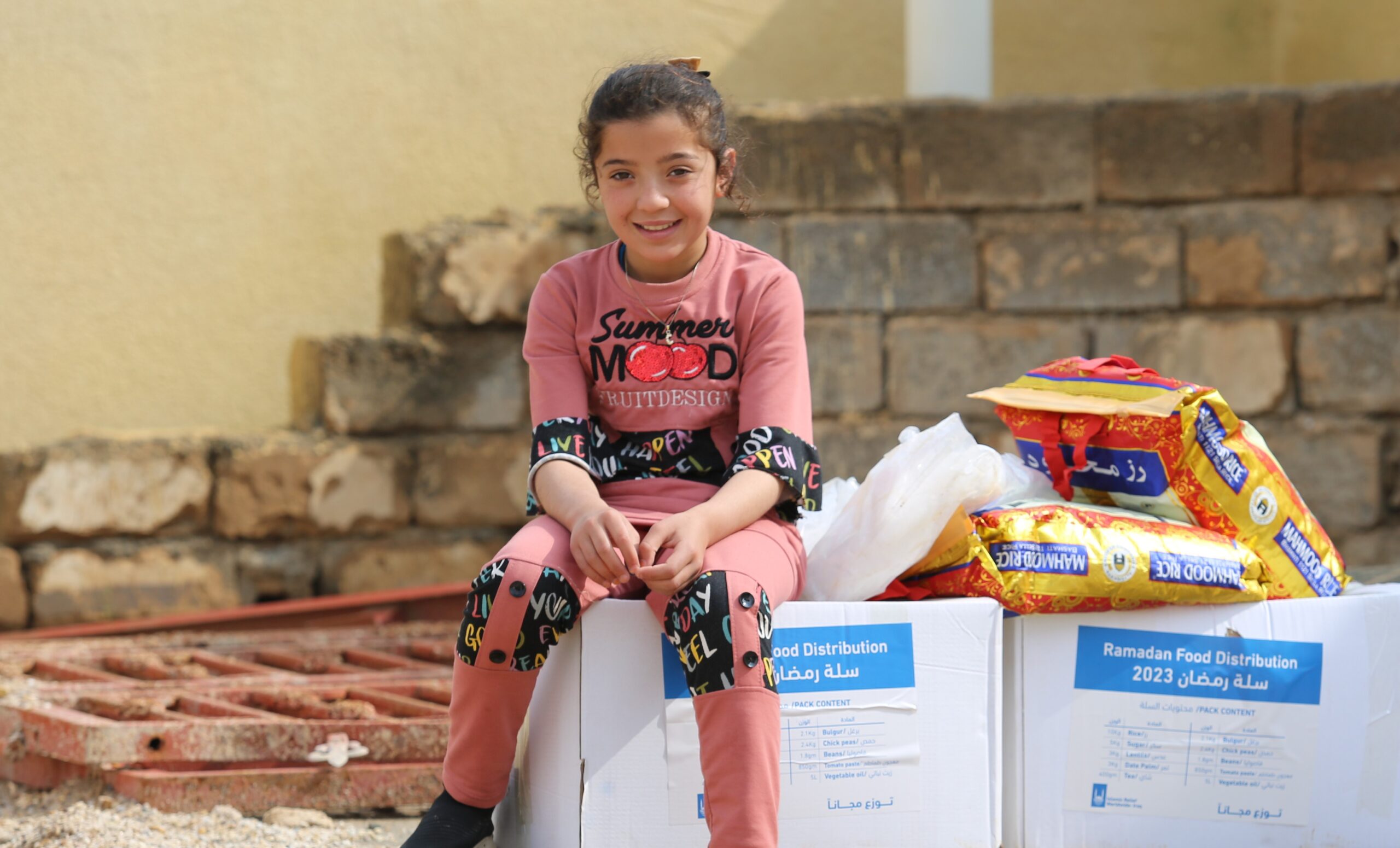
03.13.24
Zakat Payments: The Importance of Paying on Time
Zakat (zakaat, zakah), one of the Five Pillars of Islam, is a central part of the faith. It is a mandatory form of charity for every Muslim with wealth over a certain threshold (Nisab).
Its importance in Islam means it’s vital for Muslims to make their Zakat payments on time. Especially as its proper distribution plays a significant role in supporting those in need within our Ummah.
However, what happens when certain circumstances push someone to advance or delay paying Zakat? In this article, we will explore the Islamic perspective on this topic, with guidance that, insha’Allah, helps you be more confident in making your payments.
The Importance of Paying Zakat on Time
As one of the Five Pillars of Islam, it is important for Muslims, who are eligible, to make timely Zakat payments. For Allah (SWT), in the Qur’an, mentions wealth distribution as a “recognised right for the needy and poor” (Al Ma’arj, 70:24-25).
Likewise, Prophet Muhammad (ﷺ) emphasised this ruling, stating “Allah has made it obligatory on (the believers) to pay the Zakat which will be taken from the rich among them and given to the poor among them.” (Sahih al-Bukhari)
As such, timely Zakat payments are important in Islam as serve as a means of protection and support for those in need. Thus, failing to fulfil this obligation on time can result in hardship for those who rely on these funds.
It also may deprive us of the blessings associated with this important Pillar of Islam. For Allah’s Messenger (ﷺ) also said,
“Whoever is made wealthy by Allah and does not pay the Zakat of his wealth, then on the Day of Resurrection his wealth will be made like a baldheaded poisonous male snake with two black spots over the eyes. The snake will encircle his neck and bite his cheeks and say, ‘I am your wealth, I am your treasure.’ ” Then the Prophet (ﷺ) recited the holy verses:– ‘Let not those who withhold . . .’ (to the end of the verse). (3.180).
Sahih al-Bukhari
When is it Permissible to Delay Zakat Payments?
Scholars agree that delaying Zakat payments, even after a day or two, is a sin if done without legitimate reasons and requirements. Therefore, a Muslim who meets the requirements for Zakat must do it on its due date, with five exceptions.
- Their Zakatable assets are not immediately accessible.
- They designated their Zakat for poor relatives or desperate community members not immediately (but soon) accessible.
- They are in the process of (and will soon complete) assessing the need levels of Zakat’s intended recipients
- A recognised Zakat authority has postponed its collection’s due date for a legitimate reason, such as a natural disaster or economic collapse. During the Caliphate of Umar ibn Al-Khattab, may Allah (SWT) be pleased with him, the Zakat collection was postponed because of famine. The next year, when the famine had ceased, Umar collected the Zakat for both years at the same time.
- They had paid his or her Zakat in advance.
Advancing Zakat Payments: Supporting the Ummah in Times of Urgency
Where there is an urgent need, Islamic teachings allow Zakat to be paid in advance. The Shafi’i, Hanafi, and Hanbali schools of thought all permit making Zakat payments in advance. The Maliki school and a few other scholars, who are in the minority, disallow it, with two exceptions: (1) when there is a pressing need to aid people facing hardship, and (2) when the timetable of Zakat collectors establishes the collection time close to its due date.
The Prophet (ﷺ) also mentioned that he owed Ibn ‘Abbas the Zakat amount for that year “and another equal amount too” (Muslim). Commentators of this hadith that the Prophet had collected two years of Zakat in advance from Ibn ‘Abbas for the benefit of the Muslim community (Shawkani).
As such, this flexibility of Zakat payments stems from the understanding that it serves to support and protect the most vulnerable members of society. When situations arise that require immediate assistance, advancing its payment can provide much-needed relief and stability for those struggling.
For our brothers and sisters in countries like Palestine (Gaza) and Yemen, devastated by war and conflict, receive Zakat early can mean the difference between life and death.
Giving With Zakat Islamic Relief
Islamic Relief dedicates every day to providing aid and assistance to vulnerable communities worldwide. By giving Zakat through our organisation, be confident that your donation will make a lasting impact on those who need it most.
Our teams across the globe take extra care to ensure any Zakat received has maximum impact. Because, at Islamic Relief, we harness the power of Zakat, using it in the most efficient way possible to reduce suffering and poverty. As we want to not only help vulnerable people today, but also to help them escape poverty – for good.
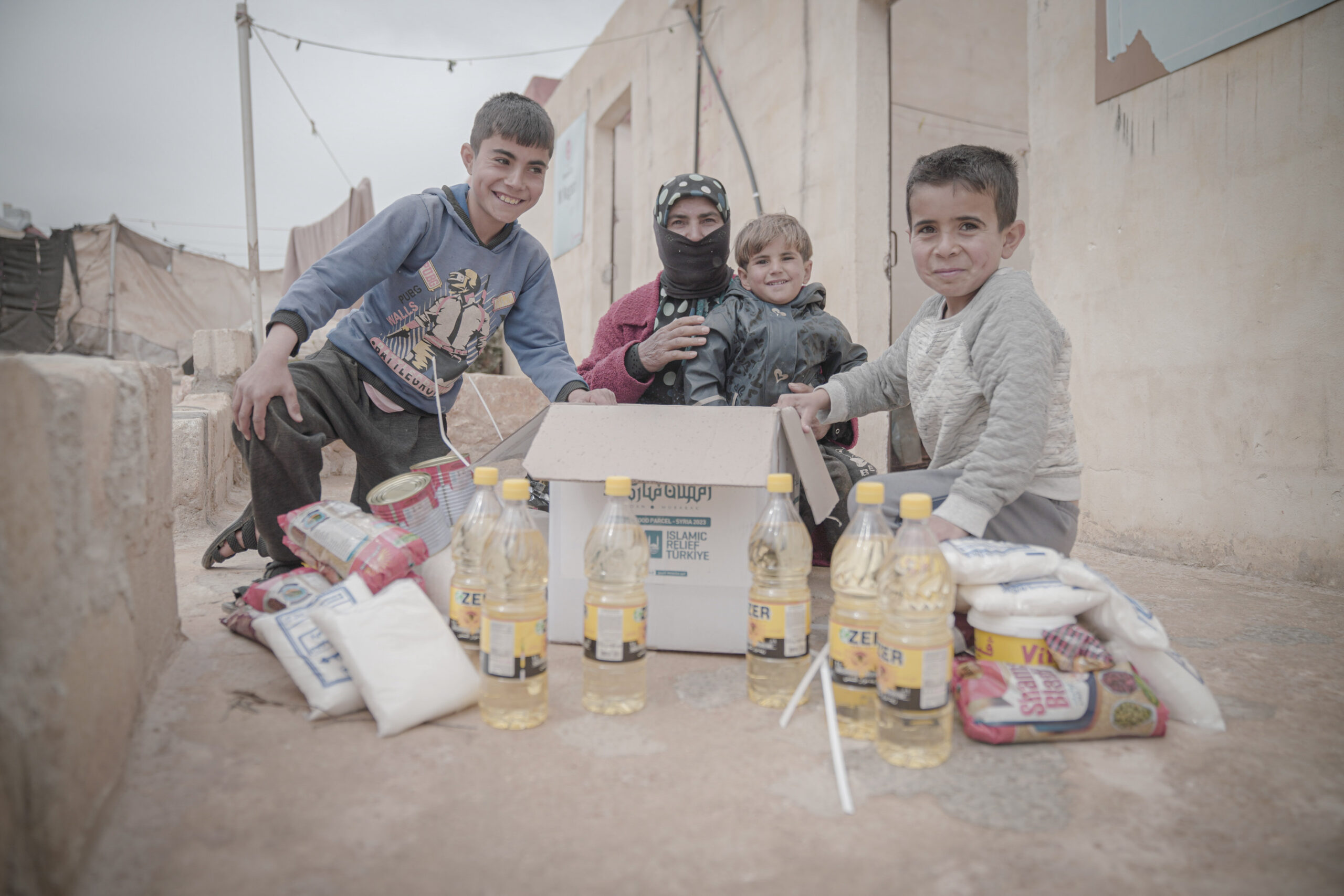
We are serious about Zakat, because we are accountable to you, all those who have a right to receive it, and – most importantly – to Allah (SWT).
Our Zakat fund is shari’ah compliant. As with everything we do, we strive to be both purposeful and true. We are working closely with qualified scholars to ensure that our Zakat policy is in strict accordance with what Allah has ruled. Your obligatory Zakat is an Amanah (trust), and when you entrust us to distribute it carefully and correctly, we take that trust seriously.
Our rigorous governance makes sure that, from the moment you donate to the moment it’s handed over to its rightsholders, your Zakat is in safe hands. Because we ensure we distribute only to those who are eligible under the eight categories stipulated in the Qur’an.
With your Zakat, we can bring relief and hope to people in desperate need. Don’t forget to use our Zakat Calculator today to calculate Zakat.
Our Ummah, Your Zakat
Multiply your rewards from Allah (SWT) this Ramadan. Give the gift of happiness and hope to our brothers and sisters in need with Islamic Relief.


